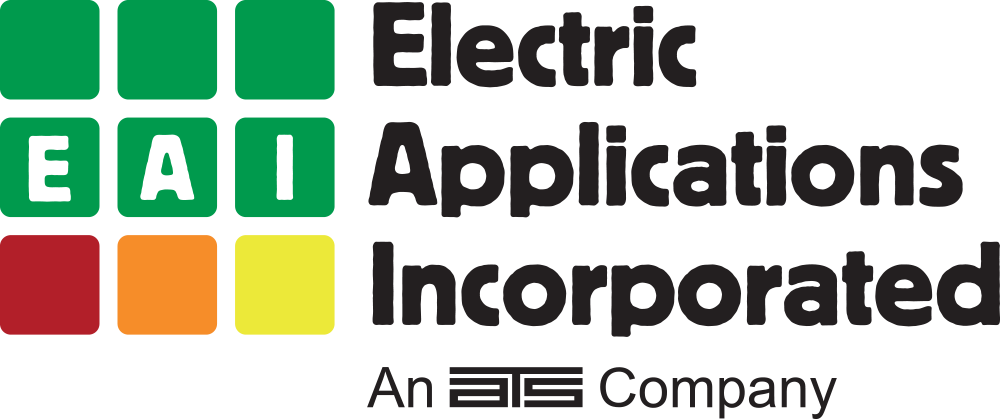Abstract: The advanced vehicle testing activity (AVTA), part of the US department of Energy’s FreedomCAR and Vehicle Technologies Program, has conducted testing of advanced technology vehicle since August 1995 in support of the AVTA goal to provide benchmark data for technology modeling, and research and development programs. The AVTA has tested over 200 advanced technology vehicles including full-size electric vehicles, urban electric vehicles, neighborhood electric vehicles, and internal combustion engine vehicles powered by hydrogen. Currently, the AVTA is conducting a significant evaluation of hybrid electric vehicles (HEVs) produced by major automotive manufacturers. The results are posted on AVTA web page maintained by the Idaho National Laboratory. Through the course of this testing, the fuel economy of HEV fleets has been monitored and analyzed to determine the ‘real world’ performance of their hybrid energy systems, particularly the battery. The initial fuel economy of these vehicles has typically been less than determined by the manufacturer an also varies significantly with environmental conditions. Nevertheless, the fuel economy had, therefore, battery performance, has remained stable over the life of a given vehicle (160 000 miles).

SIMULATED TESTING OF GELLED-ELECTROLYTE BATTERIES UNDER FORKLIFT/FAST CHARGE AND FREQUENCY REGULATION CONDITIONS.
Adding carbon to negative plates improves lead-acid battery performance. While this boosts small-cycle performance like in hybrid-electric vehicles, larger cycles show less benefit due to reduced charging efficiency from excess carbon.
